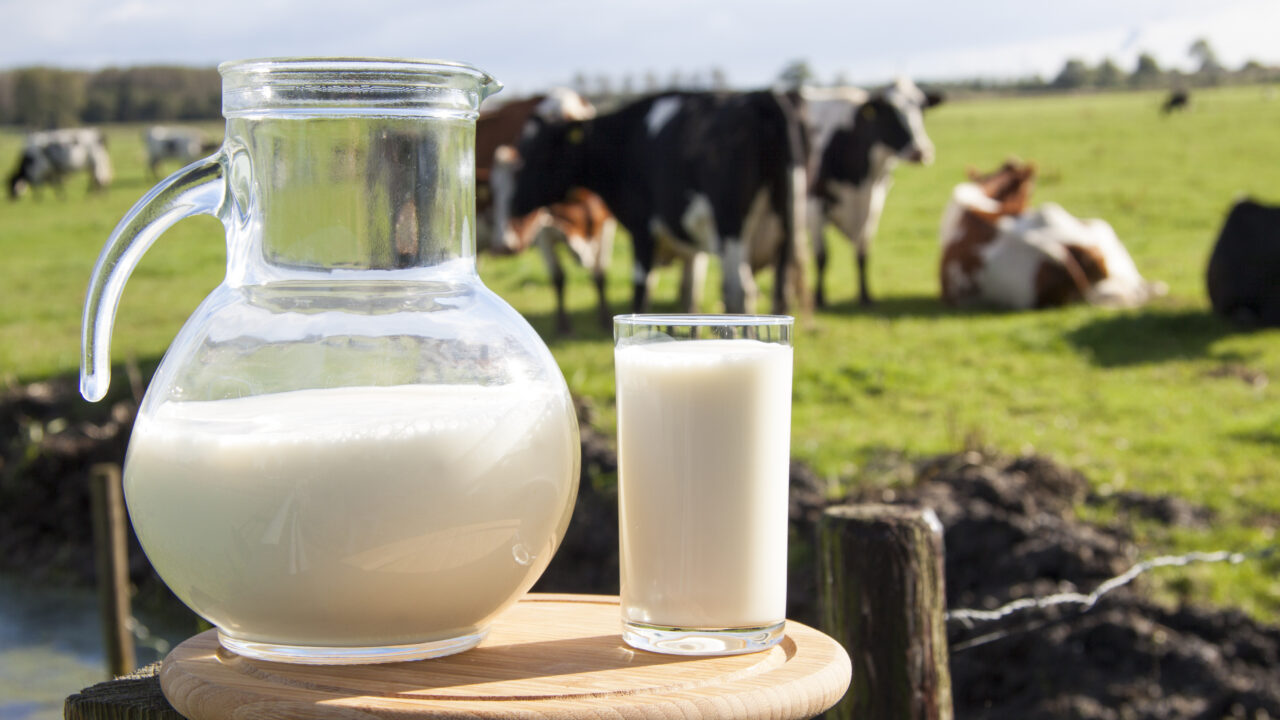Representatives from the Irish Dairy Board will be appearing before the Oireachtas Joint Committee Agriculture, Food and the Marine tomorrow to consider potential difficulties and price volatility facing the dairy industry in the coming year.
IDB Chairman Aaron Forde, Secretary Anne Randles and Director Bernard Condon will address the Committee. The dairy co-operative exports about €2billion worth of Irish produce to over 100 countries worldwide.
Committee Chairman Andrew Doyle has said with EU quotas being abolished in April, it is timely that our Committee assess the outlook for the dairy industry in the coming year.
“The ending of the quota regime presents substantial new opportunities for dairy farmers and processors, particular if they manage expansion in a responsible manner. 2013 and 2014 have seen considerable price volatility in the dairy industry, with global prices rising in 2013 as a result of weather events, to be followed by sharp declines in recent months as a result of weakening demand.”
Doyle said in what is a critical year for Irish farm families involved in dairy, the Committee looks forward to assessing the short and long term prospects for the sector with the Irish Dairy Board at tomorrow’s meeting.
Volatility isn’t new – Minister Coveney
Speaking on the issue of price volatility, the Minister for Agriculture Simon Coveney said price volatility isn’t a new phenomenon.
He said back in 2009 dairy farmers had a really difficult time. Dairy prices fell to 22c/L and intervention was needed at an EU level to put a price floor in place.
“For the last two years we have had the upside of price volatility,” he said. According to the Minister prices have been high and demand has been really strong and well ahead of supply.
However, he said over the last 6-7 months, because we had very strong dairy prices that have been sustained and the cost of grain and feed generally has come down and remained down for about 18 months, that has resulted in increased output.
“For t the first time in a number of years supply has overtaken demand. That has resulted in prices falling and that is why for the first have of the year we will see weaker prices.
“It may not weaken as dramatically as some people have been suggesting over the last number of weeks, But certainly it is an issue,” he said.
